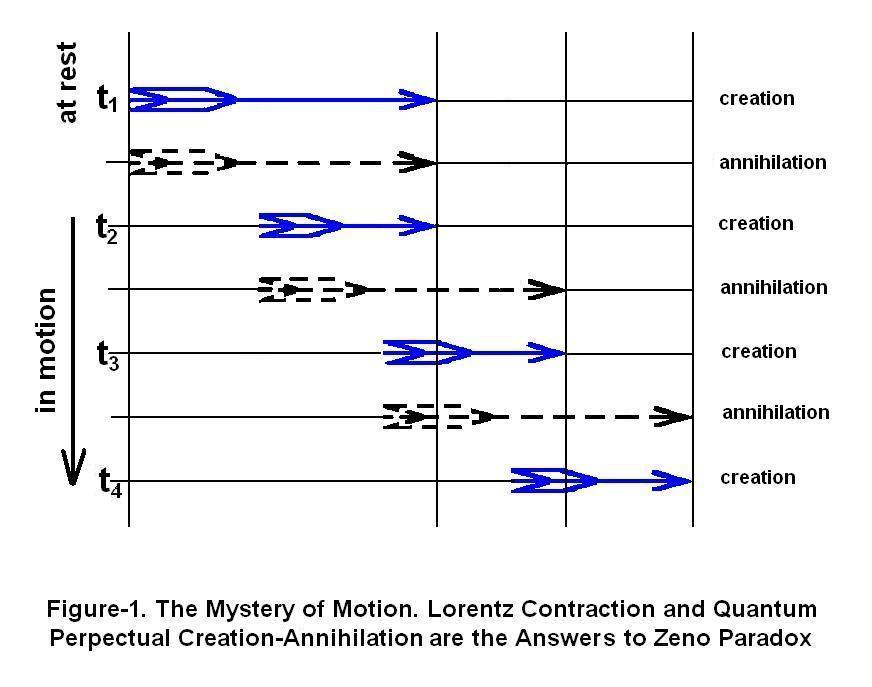Word Spaces
Concurrent Events: There is no money
I hate when people announce a series. Usually when I announce a series, it just doesn’t happen. Like talking about something you’re writing, it makes it hard to finish, because talking about it makes it exist a little and that means you can move on. I prefer to move on. But I see no way around it: this is the first in a series of Concurrent Events. Hold on to yr butts.
At the crash of a Bank, vague, mediocre, gray.
Currency, that terrible precision instrument, clean to the conscience, loses any meaning.
By the light of phantasmagorical sunsets when clouds alone are sinking, with whatever man surrenders to them of dreams, a liquefaction of treasures runs, gleams on the horizon: I thereby gain a notion of what sums can be, by the hundreds and beyond, equal to those whose enumeration, in the closing arguments during a trial involving high finance, leaves one, as far as their existence goes, cold. The inability of figures, however grandiloquent, to translate, here arises out of a case; on searches, with this hint that, if a number increases and backs up toward the improbable, it inscribes more and more zeros: signifying that its total is spiritually equal to nothing, almost.
Mere smoke and mirrors, those billions, outside the moment to grab some: or the lack of resplendence, even of interest, shows that electing a god is not for the purpose of sheltering him in the shadows of iron safes and pockets.
— Mallarmé, “Gold,” from Divigations, Tr. Barbara Johnson
We get currency from the Latin currens, “running,” as in a stream. Never actually there.
Last month Mt. Gox (short for Magic: The Gathering Online Exchange), one of the internet’s largest bitcoin exchanges, crashed. Instead of trying to fix the problem, the CEO spent most of his time working on The Bitcoin Cafe, a renovated section of what appears to be a “smoking area” in his Tokyo office building. It was the second bitcoin exchange to crash in as many months. All hell broke loose.
Wired did a portrait of an inept geek, gutted by sleeker geeks, his head in his hands smiling back at him.
Some say this will lead to regulations, which will strengthen bitcoin. A kind of alchemy.
Some say the stories of victims are depressing, to the max.
Some say the founder of bitcoin lives in a modest home near L.A.
Some say bitcoin is not a currency. Some say, well neither is anything else.
Some say the Winkelvoss Twins traded some nothings for a trip to outer space on Virgin Galactic!

A metaphor for themselves
According to Zeno, if time is composed of moments, there is no motion, because a thing cannot exist in more than one place at a time, and so cannot move from one space to another, and so must always be at rest. Otherwise it would have to be moving and not moving at the very same. To solve this problem Aristotle said there is no now. Money is Zeno’s arrow. But Zeno did not know that space and time are part of one thing, always in flux. A dazzling engine. A raw jet. One of many crackling in the wake of absolutely nothing. A series of strings in perpetual waver, until they are not. And yet, here we are. Now. Space, and the time it inhabits, like a sprocket and chain link — powerless at rest, fluid in motion — occasionally needs oil.
Creeps in this petty pace from day to day,
To the last syllable of recorded time;
And all our yesterdays have lighted fools
The way to dusty death. Out, out, brief candle!
That struts and frets his hour upon the stage
And then is heard no more. It is a tale
Told by an idiot, full of sound and fury
Signifying nothing.
— “Macbeth”
Tags: bitcoin, mallarme, money, not being there & all, Shakespeare, the wizard of gox







Well done.
THis is v cool
Money ‘runs’ and time ‘runs’, but I think to assimilate the former to the latter is a bit of an equivocation. To my mind, there are two significant differences in the conditions for the possibility of experiencing their ‘runnings’: discreteness and commitment.
Money comes in units: one cent or Eurocent or yen or whatever. They’re virtually divisible–you can count by, say, half-cents–, but for the consumer, the unit is generally experienced as indivisible. But this unit isn’t infinitely small: there’s no ‘now’ of money. Indeed, the meeting of past and future doesn’t have an analogue monetarily: you start at zero and go up, and can notionally go down (through debt–which impinges like memory!), but each cent in your pocket isn’t a meeting of ‘I owe a million’ and ‘I’m “worth” a million’. (Or is it?)
To me, though, more damaging to the analogy is the question of virtuality itself. To the argument that temporal distance is an illusion, I don’t think you don’t have a Diogenes/Johnson reaction, except through mysticism. (Diogenes, when told of Zeno’s denial of motion, got up and walked. Johnson, told of how argumentatively convincing Berkeley’s refutation of matter was, said, “I refute it thus!” and kicked a stone in the road.) No matter how empirically compelling money is, the fact that it spends seems to me evidence of a willing engagement in a mass delusion: that a piece of paper that cost 20 grains of rice to make is “worth” a handful of rice in direct exchange. That’s cool! We need to believe in money’s symbolic exchange or we’ll be reduced to hunter-gatherer subsistence. But I don’t think the virtuality of ‘now’ means that time itself is delusional.
Here’s a well-done discussion of Zeno’s arrow and Aristotle (by way of Simplicius’s commentary): http://plato.stanford.edu/entries/paradox-zeno/#Arr . If you’d like to wrestle with some of Aristotle’s direct intervention in the history of the enigmas of motion: http://classics.mit.edu/Aristotle/physics.6.vi.html . Part 9, fourth paragraph, dispatches the “arrow”; “given above” refers to part 8.
Here’s a well-done discussion of Zeno’s arrow and Aristotle (by way of Simplicius’s commentary): http://plato.stanford.edu/entries/paradox-seno/#Arr . If you’d like to wrestle with some of Aristotle’s direct intervention in the history of the enigmas of motion: http://classics.mit.edu/Aritotle/physics.6.bi.html . Part 9, fourth paragraph, dispatches the “arrow” (“given above” refers to part 8.)
At the very least, it’s a series of sentences. So it happened.
i thought when anyone announced a series it was a joke
i thought that was a rule
rauan’s series is real
i’m just trying to party man
I hear all the bitcoins lost in the crash are secretly hidden at HTMLGiant.
Also, I was unaware of the Magic: the Gathering / Mt. Gox connection! Wild…
“location”, “location”, “location”
do you think the birds noticed the time change
They know the time change will be offset in six months, amounting to no net change, and will either migrate or not, according to their particular customs.
Here’s a subtle discussion of Zeno’s refutation of movement (which depends, as the blogicle says, on an object moving and instantaneously not moving at the ‘same time’): http://plato.stanford.edu/entries/paradox-zeno/#Arr . If you have a taste for primary sources, here’s Aristotle’s intervention in the history of Zeno’s arrow paradox (the fourth paragraph of part 9 refers to “the arrow” (“given above” refers to part 8): http://classics.mit.edu/Aristotle/physics.6.vi.html .
i know for a fact that my dog would be completely oblivious were it not for his faithful humans dragging their sorry asses out of bed ‘one hour earlier’
as it is, he’s thrilled to get both his breakfast and his afternoon walk ‘one hour earlier’, no questions asked